ANGER
WHAT IS ANGER?
Feelings of anger are a normal and healthy part of being human. Learning to avoid all anger would be an impossible goal. Instead learn to avoid negative reactions to anger, while learning new healthy habits.
The first step in anger management is to begin learning about your own anger. To start, you will learn about triggers, how you respond to anger, and how anger has affected your life.
Anger can cause many different symptoms. It might affect how you feel physically or mentally, or how you behave.
Some people become aggressive towards others when they're angry. Other people hide their anger and may take it out on themselves.
It's not always easy to recognise when anger is the reason why you're behaving differently.
Anger only becomes a problem when it gets out of control and harms you or people around you. This can happen when:
-
you regularly express your anger through unhelpful or destructive behaviour
-
your anger is having a negative impact on your overall mental and physical health
-
anger becomes your go-to emotion, blocking out your ability to feel other emotions
-
you haven't developed healthy ways to express your anger
WHAT DOES ANGER LOOK LIKE?
Not everyone expresses anger in the same way. For example, some unhelpful ways you may have learned to express anger include:
-
Outward aggression and violence - such as shouting, swearing, slamming doors, hitting or throwing things and being physically violent or verbally abusive and threatening towards others.
-
Inward aggression - such as telling yourself that you hate yourself, denying yourself your basic needs (like food, or things that might make you happy), cutting yourself off from the world and self-harming.
-
Non-violent or passive aggression - such as ignoring people or refusing to speak to them, refusing to do tasks, or deliberately doing things poorly, late or at the last possible minute, and being sarcastic or sulky while not saying anything explicitly aggressive or angry.
WHAT CAN HELP?
'Self-help' tips don't solve the issue. However, they can help you/others feel more in control when experiencing strong emotions.
If you find that 'self-help' isn't enough, consider reaching out to a counsellor or your GP for help managing overwhelming emotions.
01
Try to recognise when you start to feel angry so you can take steps to calm down as early as possible
02
Give yourself time to think before reacting – try counting to 10 and doing calming breathing exercises
03
talk to people about what's making you angry – speak to someone who is not connected to the situation, such as a friend, a GP or a support group such as Samaritans
04
exercise – activities such as running, walking, swimming and yoga can help you relax and reduce stress
05
find out how to raise your self-esteem, including how to be more assertive
06
do not try to do everything at once; set small targets you can easily achieve
07
do not focus on things you cannot change. Focus your time and energy on helping yourself feel better
08
try not to tell yourself that you're alone – most people feel angry sometimes and support is available
09
try not to use alcohol, cigarettes, gambling or drugs to relieve anger – these can all contribute to poor mental health
EXTERNAL INFORMATION, SUPPORT AND ADVICE






















































 |  |  |
|---|---|---|
 |  |  |
 |  |  |
 |  |  |
 |  | 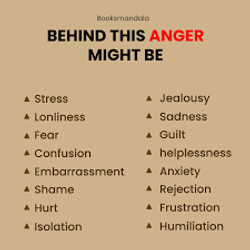 |
 |  |  |
 |  |  |
 | 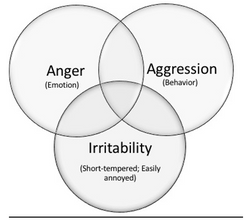 |  |
 |  |  |
 |  | 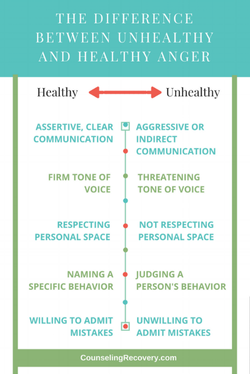 |
 | 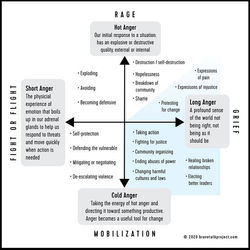 |  |
 |  |  |
 |  |  |
 |  |  |
 |  |  |
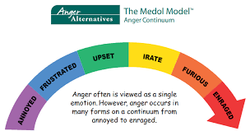 |  |  |
 |  |  |
 |  |  |

